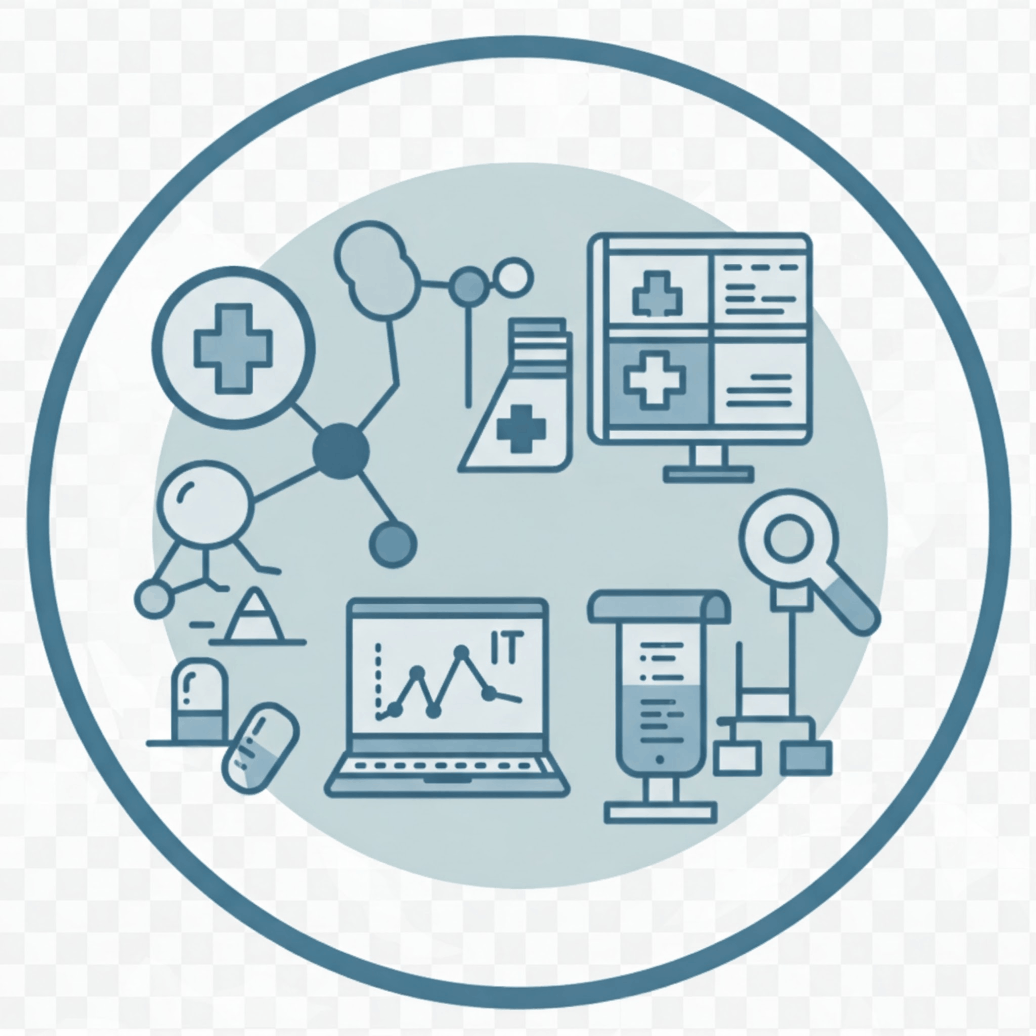
What is a Certified EHR System? Requirements and Benefits
A "certified EHR technology" refers to an Electronic Health Record (EHR) or Electronic Medical Record (EMR) system that has undergone rigorous review, testing, and certification to ensure it meets specific standards set for Use in compliance and incentive programs, particularly those governed by the Centers for Medicare & Medicaid Services (CMS).
Using certified EHR technology is about adhering to regulatory mandates and enhancing healthcare delivery's overall efficiency and quality. By ensuring compliance, healthcare providers can focus more on patient care and less on administrative hurdles.
